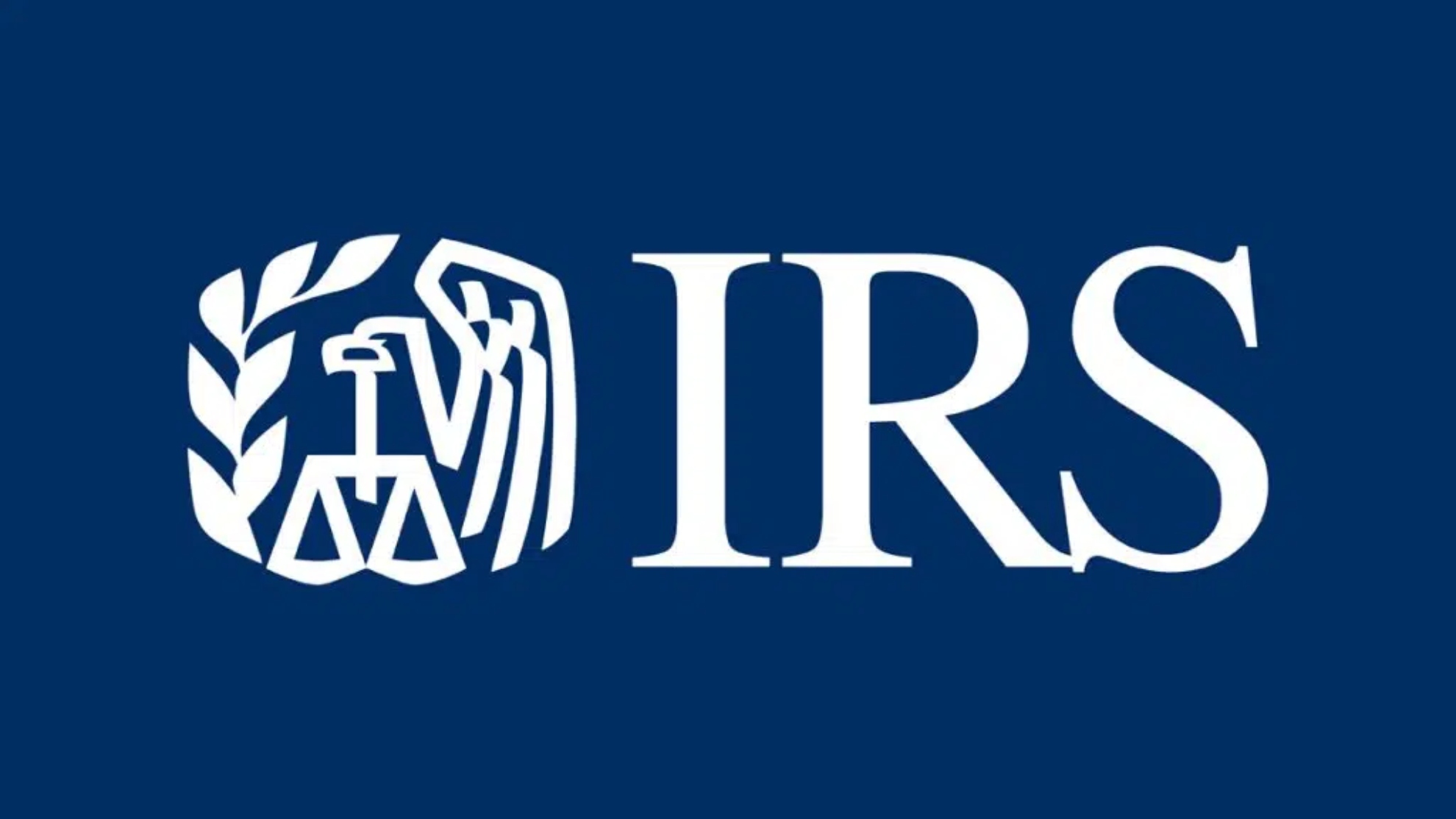The US Internal Revenue Service (IRS) issued an updated practice unit titled, ‘IRC Section 250 Deduction: Foreign-Derived Intangible Income (FDII) on 24 October 2024. This revision eliminates references to unavailable resources and replaces the previous version released on 28 June 2021.
The general overview of the practice unit includes the following:
General Overview
The Tax Cuts and Jobs Act enacted section 250, which provides for a deduction with respect to Global Intangible Low-Taxed Income (GILTI) and Foreign-Derived Intangible Income (FDII). The deduction is only available to domestic corporations (except that the GILTI deduction is also available to individuals that make a section 962 election).
The section 250 deduction helps neutralise the role that tax considerations play when a domestic corporation chooses the location of intangible income attributable to foreign-market activity, that is, whether to earn such income through its controlled foreign corporations (CFCs) or through its US-based operations. For income earned by a domestic corporation through its CFCs, section 250 provides a deduction of 50%* of GILTI (including the section 78 gross-up).
For income earned by a domestic corporation through its U.S.-based operations, section 250 provides a deduction of 37.5% of FDII. The percentages are reduced to 37.5% (GILTI) and 21.875% (FDII) for taxable years beginning after 31 December 2025.
The section 250 deduction is limited if a domestic corporation’s taxable income (not taking into account the section 250 deduction) is less than the sum of its GILTI and FDII.
Section 250 Deduction = 50% of (GILTI + Section 78 gross-up) + 37.5% of FDII
- Section 250 is effective for taxable years beginning after 31 December 2017.
- Proposed Section 250 Regulations were released in March 2019.
- Final Section 250 Regulations were published on 15 July 2020.
- The Final Section 250 Regulations apply to tax years beginning on or after January 1, 2021.
- For tax years beginning before 1 January 2021, taxpayers may:
- Rely on the Proposed Regulations in their entirety (but taxpayers may rely on the special transition rule for documentation for all taxable years beginning before 1 January 2021) or
- Apply the Final Regulations in their entirety (excluding certain substantiation requirements and once applied, must be applied for all subsequent years); or
- Apply a reasonable interpretation of the statute.















